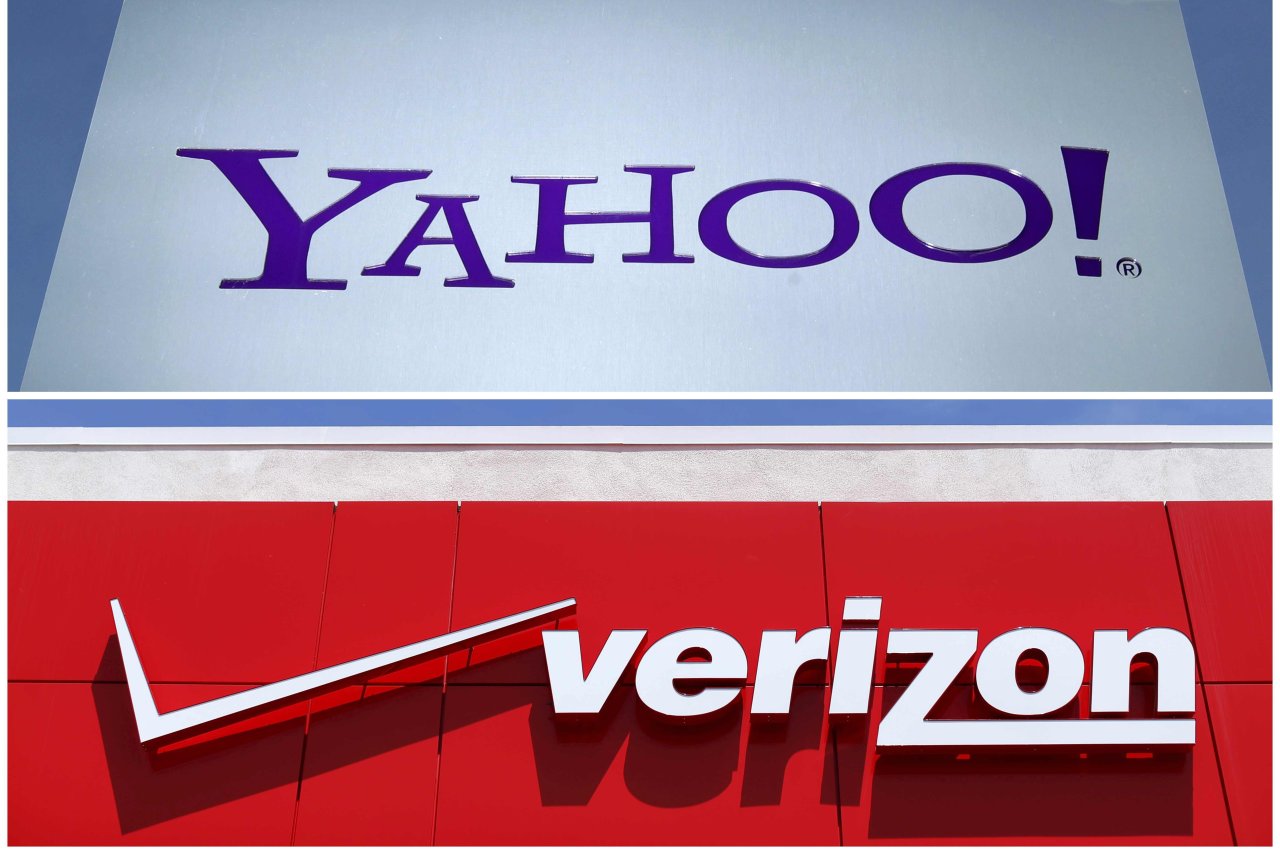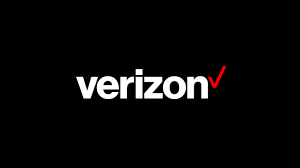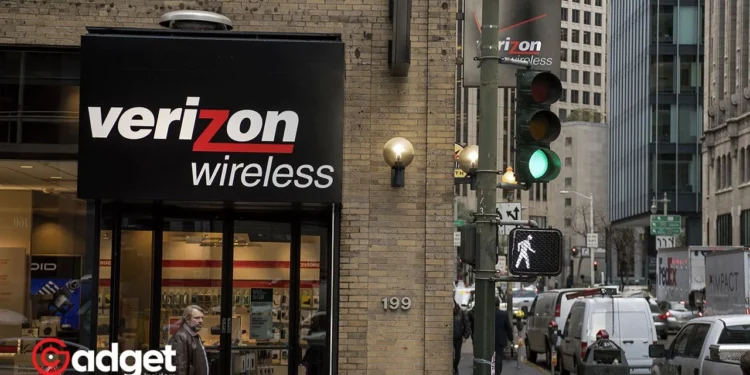In a strategic move that marks the final piece of the U.S. carrier puzzle, Verizon has officially announced its partnership with Google, opting for the Jibe platform to enhance its Rich Communication Services (RCS).
This pivotal decision not only underscores Verizon’s commitment to providing advanced messaging capabilities but also signifies a unified step towards seamless cross-network communication.

The Evolution of Messaging: Verizon’s Leap into the Future
For years, RCS has been poised as the next-generation messaging standard, promising to deliver a more dynamic and rich messaging experience to users. Unlike traditional SMS, RCS offers features akin to what users have come to expect from instant messaging apps, such as read receipts, high-resolution photo sharing, group chat capabilities, and more.
The company’s adoption of Google’s Jibe RCS platform heralds a significant upgrade to its messaging services, aligning with similar moves by AT&T and T-Mobile last year.

The Telecom giant’s switch to Jibe is not merely a technical upgrade but a strategic endeavor to ensure interoperability among U.S. carriers. The significance of this cannot be overstated, as it marks a departure from the fragmented and often incompatible approaches previously adopted by carriers.
With Jibe, Verizon aims to bridge the communication gap, ensuring that its customers can enjoy a unified and enriched messaging experience, regardless of the recipient’s network provider.
A Unified Messaging Future: The Impact of Verizon’s Decision
The implications of the company’s decision extend far beyond the realms of improved user experience. By embracing Google’s Jibe platform, Verizon is setting the stage for true interoperability among U.S. carriers. This move is expected to enhance the overall efficacy of RCS messaging, facilitating smoother communication across different networks.
Customers of the telecom giant, as well as those of AT&T and T-Mobile, stand to benefit immensely from this transition, as it promises to eliminate the barriers that have historically hindered seamless cross-network messaging.
Verizon is turning to Google Jibe for Android RCS messaging support https://t.co/jvcIOP1Yg4
— Android Police (@AndroidPolice) February 2, 2024
Furthermore, the adoption of Jibe by the organization highlights a larger industry trend toward standardized communication solutions that are rich in features. The decision made by Verizon, which is the last major provider in the United States to make the changeover, represents a collective movement toward a messaging ecosystem that is more integrated and uniform.
This is a victory for customers, who can now anticipate a messaging experience that is more unified and delightful. Additionally, it is a demonstration of the telecom industry’s potential for collaboration and creativity.
A New Era of Connectivity
Verizon’s transition to Google’s Jibe RCS platform is a milestone moment in the evolution of mobile communication. It represents not just an upgrade in technology but a paradigm shift towards a more interconnected and unified messaging future.
As Verizon joins its counterparts in adopting Jibe, the promise of a seamless messaging experience across networks becomes more tangible than ever.

This development is a clear indicator of the telecom industry’s commitment to advancing communication technologies and enhancing user experiences. As we move forward, the focus will undoubtedly remain on innovation, interoperability, and the relentless pursuit of a more connected world.
In embracing Google’s Jibe, Verizon is not just enhancing its messaging services; it is helping to pave the way for a new era of connectivity. This is a significant leap forward for RCS, for Verizon, and for the millions of customers who stand to benefit from a more enriched and unified messaging experience.










